Young Nudy and Pi’erre Bourne’s Circus of Sedation
Young Nudy (featured) and Pi'erre Bourne dropped their collaborative album "Sli'merre" on May 8, 2019.
May 28, 2019
By Kieran Press-Reynolds
Very few rappers choose to sound virtually insignificant in their own music. Young Nudy’s whole shtick is this aesthetic, appearing impeccably dazed and camouflaged in the beat.
His most prolific producer and partner for “Sli’merre” is Pi’erre Bourne, best known for his work with Playboi Carti. The many pitches, flows and ad-lib structures that Carti uses make his stream-of-consciousness rap style work amazingly with Bourne’s beats, which sound like gushing streams themselves.
Nudy, on the other hand, has a very flat voice, which is why he’s able to blend into beats so convincingly. Nudy’s like a toad that’s eaten a thousand other voices, chemically fusing them together inside his body and creating a sort of ultimate muck, the sound version of what happens when you combine all the colors on a painting and make gray. Similarly, his flow is often relaxed and drawling, hardly more than an audio watermark designed to hamper freelance SoundCloud rappers from stealing the beats.
This stylistic chillness has been Nudy’s selling point since his early days. Sometimes it works really well, like in the case of “One Dolla,” which has a slow beat that matches perfectly with Nudy’s sedated flow. Other times, it makes for very boring music. He doesn’t possess the wide-ranging vocal palette that Carti does, and, as such, he often sounds overpowered by the beat, instead of empowered by it. Many critics, like Pitchfork’s Sheldon Pearce — who gave the album an 8 out of 10 — praise his ability to be a “premium space filler” and give him kudos for having an ear curious enough to rap over Bourne’s beats. However, it’s like giving two people credit for putting together an efficient PowerPoint; it may hold your attention on the first listen, but will you ever come back to it?
The best thing about the album is the beats, despite many of them feeling incomplete. “Long Ride” sounds like a dystopian version of Playboi Carti’s “Long Time,” which is ironic because “Long Time” is one of the few songs not produced by Bourne on “Die Lit.” On the sonically and lyrically gritty “Hot Wings,” Nudy explains how he sometimes kills his friends to steal their money over a beat that sounds like a nuclear weapon emitting pulses of radiation. The menacing beat on “Dispatch” is either a distant cousin of the Lavender Town theme from “Pokémon” or an interlude leftover from the “Alvin and the Chipmunks” LP, a battle between bass and helium with no clear winner. Frustratingly, barely anything sounds as smooth as you’d expect from a completed record.
On most tracks, Bourne is the only one bringing life to the music. Indeed “Call Dat B—h Homicide” actually sounds like Nudy is a patient on his deathbed, while the beat is his vitals. On “Dispatch,” Nudy raps like he just fell into a smokestack and he’s begging for help, yelling “back-up, back-up, back-up, mayday,” while Bourne’s off on the horizon, in a different world. Meanwhile, Nudy on “Joker” orbits the beat like a homing missile that is defective and never quite reaches its target. Too often, Nudy is insignificant and forgotten, dissipated into smoke that wafts weakly around the soundscape.
Bourne and Nudy have fundamentally different approaches, and it shows. Bourne’s beats are always intriguing yet one-note, which is why having a multifaceted artist like Carti rap over them is a great combination. Nudy’s blandness brings nothing to the table; the beats, insofar as they are the only aspect of the exhibition catching our attention, not only drown him out but also make us realize how one-note they are. At a certain point, you have to wonder if Nudy really has anything interesting going for him besides the fact that he’s got a connection with a good producer.


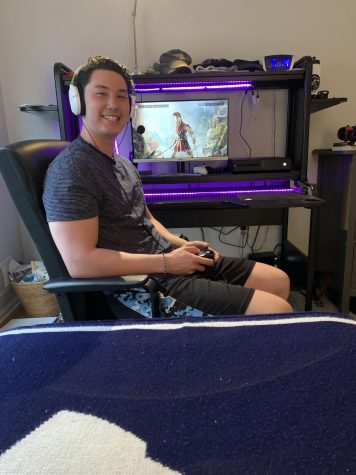


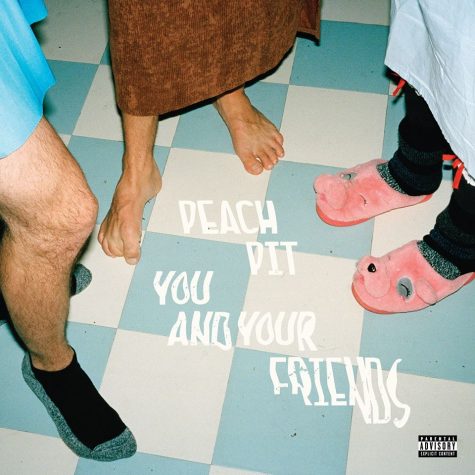
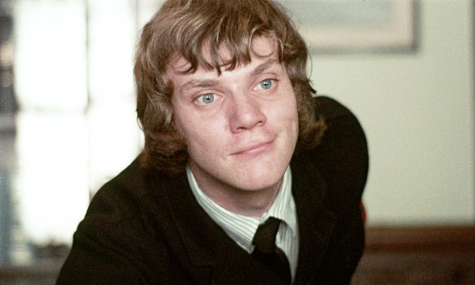


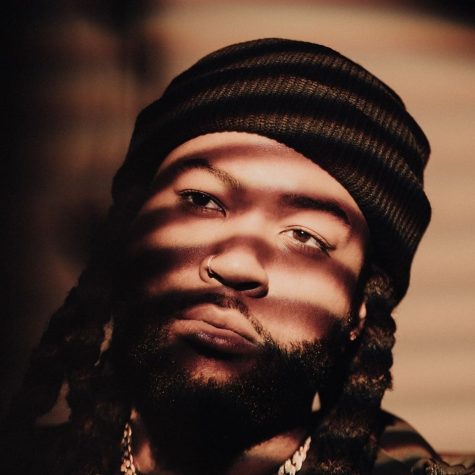

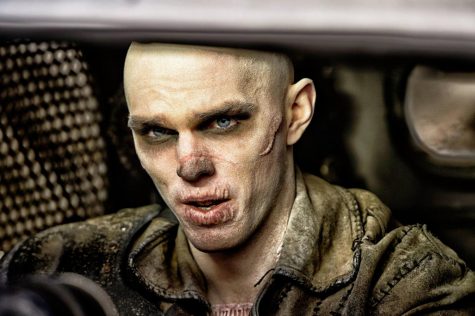
If you want a picture to show with your comment, go get a gravatar.